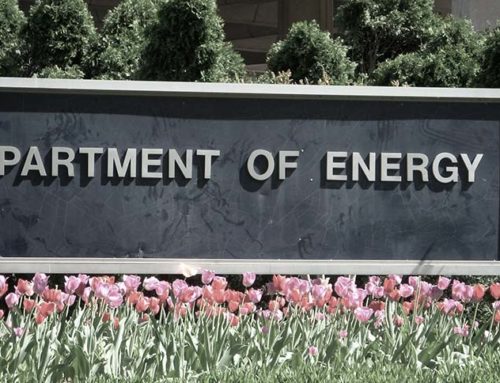Since President Obama announced a 30,000 troop buildup for Afghanistan Tuesday, everyone is asking the inevitable question: How much is this war going to cost? The answer will be the subject of fervent debate over the coming months. In the meantime, here are some important factors to keep in mind:
First, the $1 million per soldier per year figure produced by the White House is probably high when you crunch numbers based on past expenditures. According to the Defense Department’s FY 2010 budget request , DOD spent $46.8 billion on Operation Enduring Freedom (i.e. Afghanistan) in FY 2009, including military construction and Afghan military training. If you divide that figure by the 60,000 troops currently there, you get less than $800,000 per troop. Remember also that the troops won’t be deployed until mid-year, so the full year’s allotment doesn’t apply.
But members of Congress including House Defense Appropriations Subcommittee Chairman John Murtha (D-PA) are already preparing for a $40+ billion war supplemental this spring. Whatever the final cost, how we pay for it matters–a lot. President Obama pledged during his campaign to eliminate the supplemental spending bills that have funded the Iraq and Afghanistan wars off the budget books, echoing our l ongstanding contention that supplementals obscure the true cost of war and reduce oversight while funding DOD’s force modernization and numerous Congressional initiatives. Considering the facts above, why would we need the full amount up front when at least some of those costs could be folded into DOD’s FY 2011 base budget, per the President's pledge? Do you suppose some of that supplemental money is already being pegged for stateside DOD wish lists—and Congressional pet projects? Watch this space.
Finally, remember that all those new troops will need to be fed, housed and protected—primarily by contractors. The White House Office of Management and Budget estimated that some 20 percent of the 2003-2007 funding for Iraq went to contractors, though the actual figure is likely much higher . Billions in dollars resulting from contracting fraud and abuse led to wartime contracting commissions and reforms that, if unheeded by the surge in Afghanistan contractors, could cause support costs to spike.










